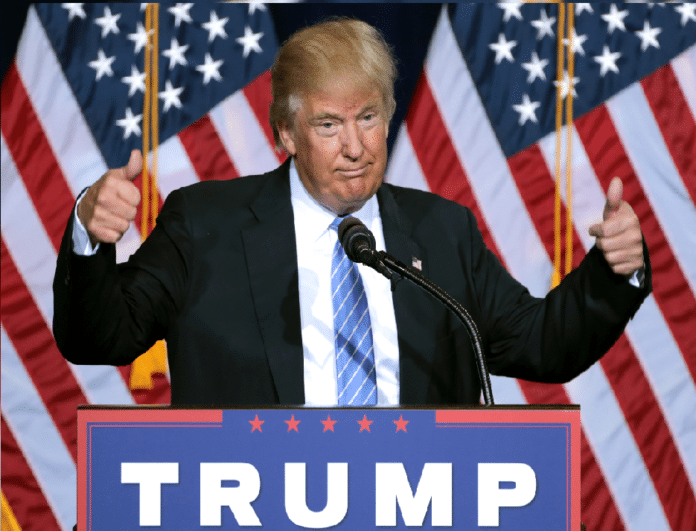Justice Amy Coney Barrett was successfully nominated to the Supreme Court yesterday, following a blisteringly short, and somewhat controversial period. With the American election looming less than a week away, there has been heavy arguments coming from both sides of the aisle as to the validity or appropriateness of this appointment.
The basic premise of arguments from the Republicans and the Democrats can be summed up quite simply; The republicans believed that the President was just fulfilling his constitutional duty, and it is his job to appoint a nomination, and from this point of view they are correct. The Constitution states that “he shall nominate, and by and with the Advice and Consent of the Senate, shall appoint Ambassadors, other public Ministers and Consuls, Judges of the supreme Court”, so technically he did have both the consent of the senate and was doing his job.
The Democrats on the other hands make the argument that this close to an election, it should be held off on until after the election so that the next President can decide. This is not a new argument, and not even an original argument by the democratic party. Historically whenever a Supreme Court nomination is brought up during an election year, mention of the ‘Thurmond Rule’ once more becomes a point. Whilst not actually a rule, it is a general belief first put forward by former Judiciary Chair Strom Thurmond that in Presidential election years the senate should stop processing judicial appointments.
This rule does merit a lot of sense arguably; the American public exercises its constitutional right to vote for who they wish to represent them in these matters for the next four years. Having a President nominate a life appointee when it has been almost 4 years since his election to office, can be seen as not adequately representing the public; something Joe Biden, the Democratic Nominee, has been quick to point out on numerous times. This rule or belief however, does not hold any legal standing though, and while it is usually brought up to slow down partisan nominations, it is not very successful in doing so. In fact, research shows that nominations continue at the same rate regardless of an election year or not.
This argument about representative democracy can also be disassembled to an extent, as President Trump delights in reminding during debates the President is elected to serve 4 full terms, not only just 3 and a half. Once more he is correct in this statement. Even if President Trump were to lose this election, he would not leave office until the 20th January, still another 78 days after the general election.
Regardless of all of this however, the nomination was confirmed yesterday by a senate vote of 52-48,with only one republican breaking rank to vote against the nomination. This in itself is a huge win for President Trump, with his party successfully toeing the party line and supporting him, in what is becoming a somewhat bitter election.
Donald Trump is used to trailing in the polls, he won the election in 2016 whilst being around 4 points behind Hilary Clinton, so there is a clear argument to be made about the issues and inconsistencies of polling data. However, with less than a week to go in the election, the Supreme Court victory may be the last thing Donald Trump is able to do in office, as the numbers are looking bleaker as time goes on. His election debates have not had the effect that was desired; in the first debate he came across as chaotic, a bully, and humiliating to the American public . Meanwhile, the second debates response was much more positive, but the actual effect this has had this late into the election is minimal, the damage had been done.
And whilst it may have been a political win for both President Trump and his party, the immediate reaction is less than positive, with his numbers dropping by a percent overnight, whilst Biden’s condemnation of the appointment has given him a percent bump. As legacies go, appointing three Supreme Court Justices in fairly impressive for four years in office, but it may have just cost President Trump his election. Only time will tell.
PLEASE SUPPORT US FOR JUST £2 A MONTH







